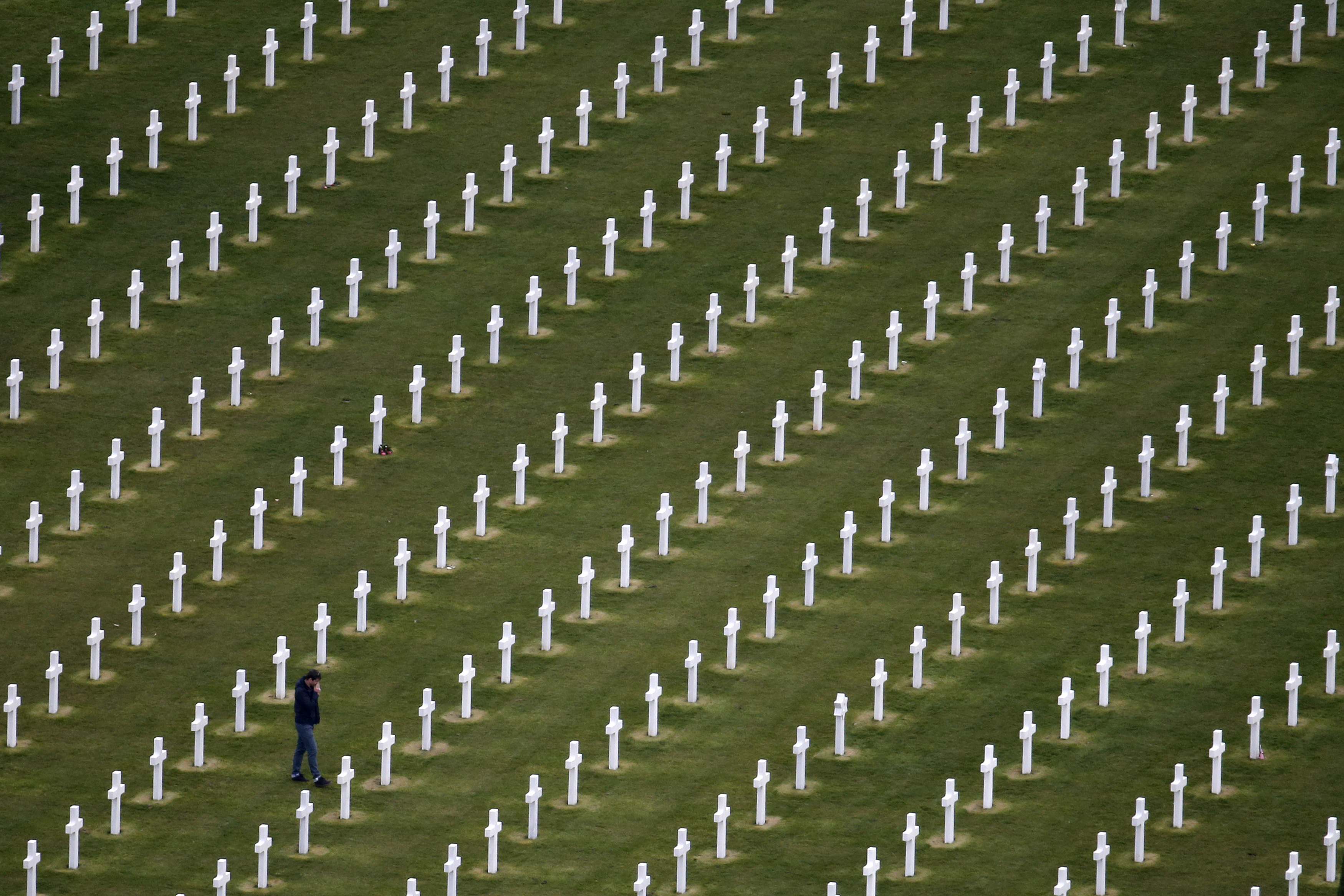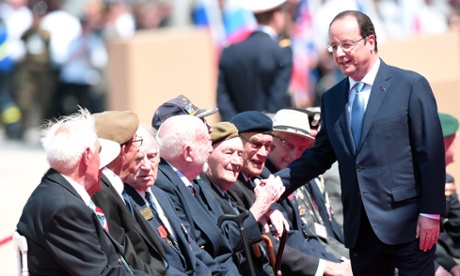On the 11th of may 2010 prime minister Gordon Brown and his Labour government resigned, giving the Downing street nr. 10 keys to the new Conservative PM David Cameron.
With 36 percent of the votes, Cameron did not form his government alone. Being the first since Churchill, he formed a coalition government; he did so with the 23 percent Liberal Democrats.
The Cameron ministry has, as most conservatives governments, a pro-NATO attitude, and has taken part in all NATO operation during the four years they have been in office. Cameron has stated that they believe in foreign intervention in order to spread "democracy and freedom", and that the terror-threat must be defeated by power.
The conservation wanted to intervene in Syria, but the Liberal Democrats voted against it in parliament, a major defeat for Cameron; one of the problems of a coalition. After the defeat Cameron stated that "I strongly believe in the need for a tough response to the use of chemical weapons but I also believe in respecting the will of this House of Commons ... It is clear to me that the British Parliament, reflecting the views of the British people, does not want to see British military action. I get that and the Government will act accordingly."
With 36 percent of the votes, Cameron did not form his government alone. Being the first since Churchill, he formed a coalition government; he did so with the 23 percent Liberal Democrats.
Foreign policy
The Cameron ministry has, as most conservatives governments, a pro-NATO attitude, and has taken part in all NATO operation during the four years they have been in office. Cameron has stated that they believe in foreign intervention in order to spread "democracy and freedom", and that the terror-threat must be defeated by power.
The conservation wanted to intervene in Syria, but the Liberal Democrats voted against it in parliament, a major defeat for Cameron; one of the problems of a coalition. After the defeat Cameron stated that "I strongly believe in the need for a tough response to the use of chemical weapons but I also believe in respecting the will of this House of Commons ... It is clear to me that the British Parliament, reflecting the views of the British people, does not want to see British military action. I get that and the Government will act accordingly."
The ministry is against a full EU-membership, but Cameron believes some of the policies (fishing, military) are good for the UK. Overall they have a conservative attitude on foreign policies, with NATO being an exeption.
Economomy and climate
Some of the Cameron administration’s most important economic goals are reduction of employment and wealth tax. The administration views this as something important because they think this will boost English companies’ ability to compete in the international market. The administration does also wish to increase tax on flying for people who uses air transport a lot as well as remove tax for people who don’t use air transport that often, the administration wish to do this to make people fly less and in that way decrease the total amount of CO2 emission in the UK.
A economy policy that the Cameron ministry focuses on is enviroment. Cameron has descibed himself as "passionate about our environment" and believe that it is our "social responsibility to the next generation". Some of the reforms Cameron would like to introduce is a fair fuel stabilizer which will keep the oil prices stable. As the price of oil goes up, the taxes will decrease, and if the price of oil goes down, the taxes will also increase. Another policy is the taxation cut. The ministry promised to reduce tax on alcohol, corporations and small businesses, as well as increasing the inheritance tax exemption.




